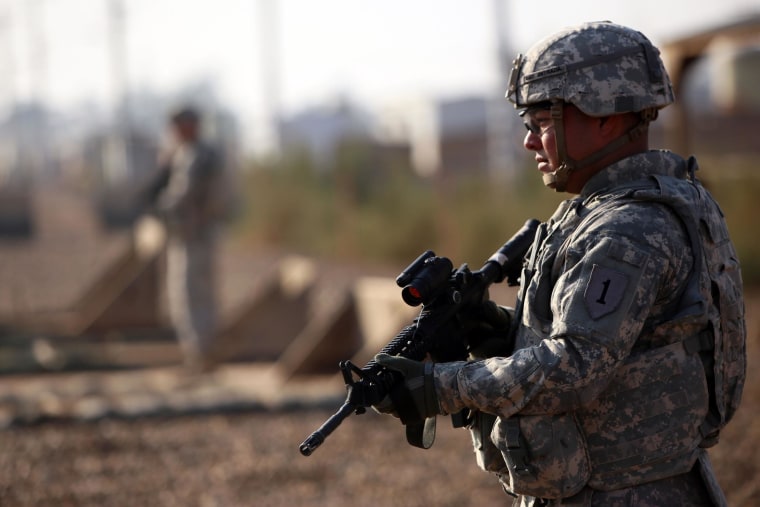ISTANBUL — Reading the transcript of President Obama’s speech declaring the end of the combat mission in Afghanistan, I was amazed at how subdued and understated it was. The speech was delivered in a hall on a small Marine Corps base in Hawaii where the president and his family were vacationing. There was no national event, no victory parade. Most Americans probably missed the Christmas Day announcement altogether.
NEWS ANALYSIS
I was struck by the lack of, let’s say, national focus on matters of war and peace. After all, Afghanistan is the base of the Taliban and Osama bin Laden’s adopted homeland. American troops fought for 13 years on Afghanistan’s craggy mountainsides, in its southern deserts and poppy fields. The president said in Hawaii: “Thanks to the extraordinary sacrifices of our men and women in uniform, our combat mission in Afghanistan is ending, and the longest war in American history is coming to a responsible conclusion.”
Everyone knows that modern wars start with a bang and end with a whimper, but this one ended with the faintest of nods, the slightest tip of the White House’s cap — probably because the war in Afghanistan isn’t really over. Around 10,000 troops will stay behind as trainers and mentors. American military leaders like to say that they are keeping “a hand on the bike seat” as Afghanistan pedals towards independence and stability. It’s a strange and patronizing metaphor and it’s far from certain that Afghanistan is heading in the right direction. The limited American presence in the country leaves open the possibility of the U.S. getting dragged back into the fight there.
One need only look to Iraq for evidence. If there is one thing 2014 will be remembered for, it is as the year in which a war Americans thought was over returned to center stage. Iraq: The Sequel. The year saw the collapse of the U.S.-trained Iraqi military, propped up by an enormous investment of American training and funding and talked up by American military officials and politicians from both parties. Syria imploded into a nuclear fission of sectarian madness, and ISIS found fertile soil to grow in both Iraq and Syria, killing or conquering everyone in its path. With Iraq on its knees, Syria in convulsions and ISIS gobbling up territory, the Obama administration sent troops back into Iraq. There are now a few thousand Americans helping to fight a semi-secret, semi-effective war against ISIS.

So what joys will the Middle and Near East bring us in the New Year? I suspect very few indeed. The Middle East and wider Islamic world need to make a New Year’s resolution. The region’s religious and political leaders need to denounce the extremism in their ranks and they need to do so clearly, publicly and repeatedly. The Arab world must break its old cycle of self-pity (the West did us wrong), denial (the West lies about us), and conspiracies (the Jews are behind everything) that have kept the Middle East outside the modern world of ideas and innovation for a very long time.
On a positive note, ISIS has created many enemies. Its extremism is so profane and vulgar that it has alienated all but the most sadistic shuts-ins who enjoy watching its bloody Internet propaganda. Few in the Middle East actually like ISIS. It grows like a weed because of neglect, not love.
2015 can be the year when ISIS is defeated, the year Iraq and Syria find stability. But then again, optimists in the Middle East seldom stay that way for long.